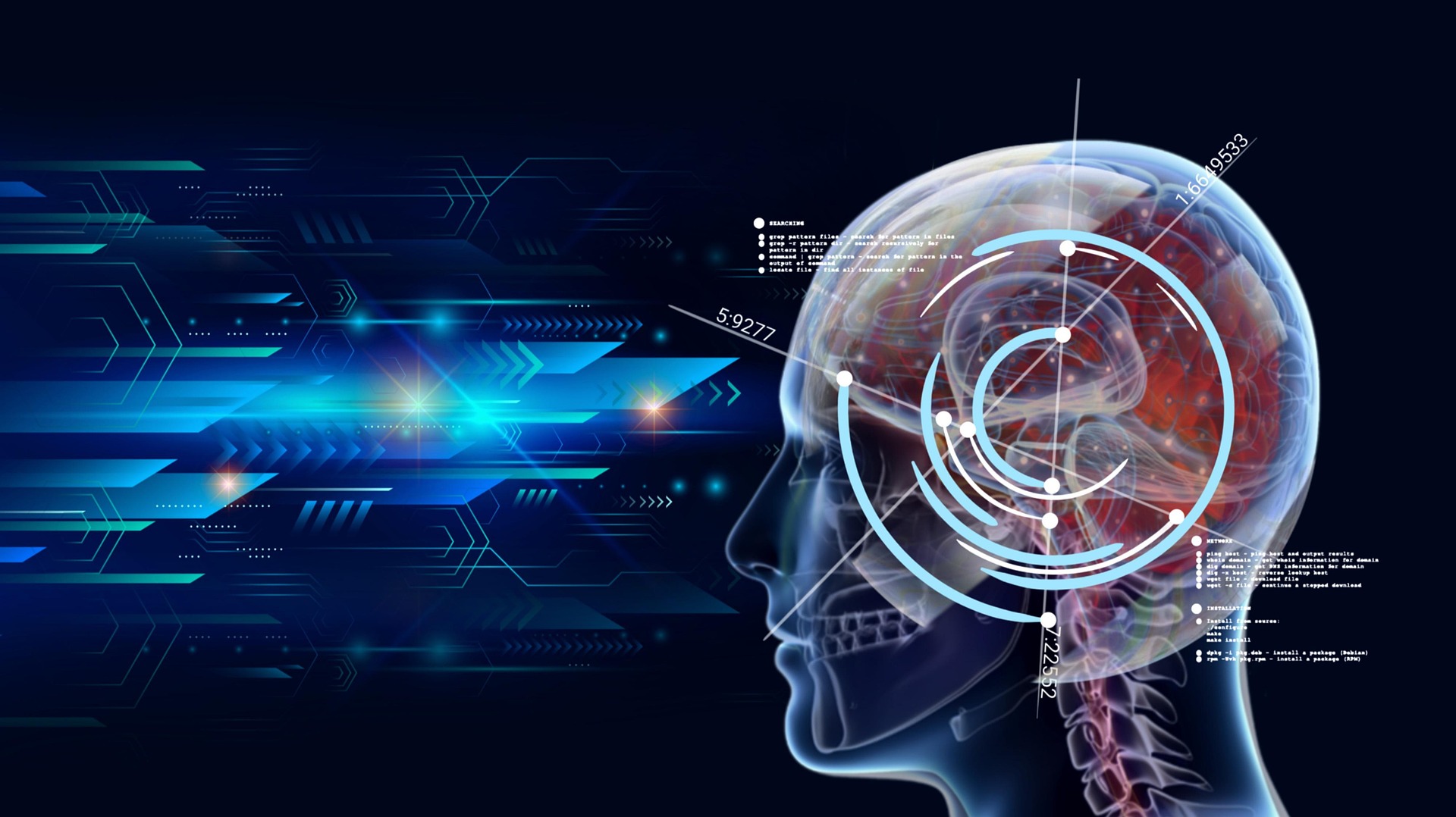The first-ever International AI Safety Report, a comprehensive assessment of emerging risks tied to advanced artificial intelligence, has been published ahead of the AI Action Summit in Paris next month. Spearheaded by Turing Award-winning expert Yoshua Bengio, the report draws from the expertise of over 100 global researchers and offers a shared scientific foundation for understanding AI’s capabilities and risks.
Launched in the wake of the AI Safety Summit in November 2023, the report is supported by more than 30 countries, including key players such as France, China, and the US, and has received operational backing from the UK Department for Science, Innovation, and Technology. Its primary goal is to equip policymakers with the scientific insights needed to navigate the rapidly evolving AI landscape.
Understanding AI Risks and Mitigating Threats
One of the key takeaways from the report is the growing autonomy of AI systems. These systems are increasingly able to plan and execute tasks without human intervention, raising concerns about their potential risks. Bengio emphasized that the report provides an essential, evidence-based foundation for future discussions on general-purpose AI, highlighting both the possibilities and the inherent risks associated with these technologies.
“We aim to facilitate informed, scientific discussions on the risks of AI and offer a common basis for decision-making at the global level,” said Bengio. “This report serves as a critical resource for understanding AI’s capabilities, the risks posed by these technologies, and how to mitigate them.”
Critical Research Areas Identified

The report calls for further research in several key areas, including the pace of AI advancements, the internal workings of general-purpose AI models, and methods to ensure AI reliability. It also stresses the importance of designing AI systems that are capable of behaving predictably and safely. Despite the challenges in managing these risks, the report stresses that a deeper, more thorough understanding of AI is essential to minimizing potential harm.
International Collaboration for Responsible AI
With AI adoption accelerating, the report underscores the need for global cooperation in developing safety standards and regulations. Experts like Sachin Agrawal, Managing Director at Zoho UK, believe the report provides a roadmap for future AI regulation, but stresses that governments, academia, and industry must collaborate to create frameworks that prioritize responsible development. Agrawal also emphasized the importance of promoting transparency and ensuring AI serves the collective good rather than amplifying risks.
Upskilling and Digital Talent Development
As AI systems become more integral to public and private sectors, experts like Oliver Hester, Head of Public Sector Services at FDM Group, argue that closing the digital skills gap is critical. “Investing in AI training will ensure the technology is used responsibly and effectively while preparing the next generation of talent,” he stated.
Key Highlights:
- The International AI Safety Report provides a scientific foundation for understanding AI risks, based on insights from over 100 global experts.
- The report highlights the growing autonomy of AI systems and the need for further research to ensure reliability and safety.
- The UK is leading efforts in building global consensus on responsible AI, with the report informing the upcoming AI Action Summit in Paris.
- Industry leaders emphasize the need for international collaboration, transparency in development, and a focus on upskilling to ensure AI is used ethically and responsibly.
This groundbreaking report signals a pivotal moment in AI governance, pushing for collaboration and proactive steps to shape the future of AI while safeguarding against its potential risks.
Image by Peace,love,happiness from Pixabay | AI VR and Research picture by Stockcake


